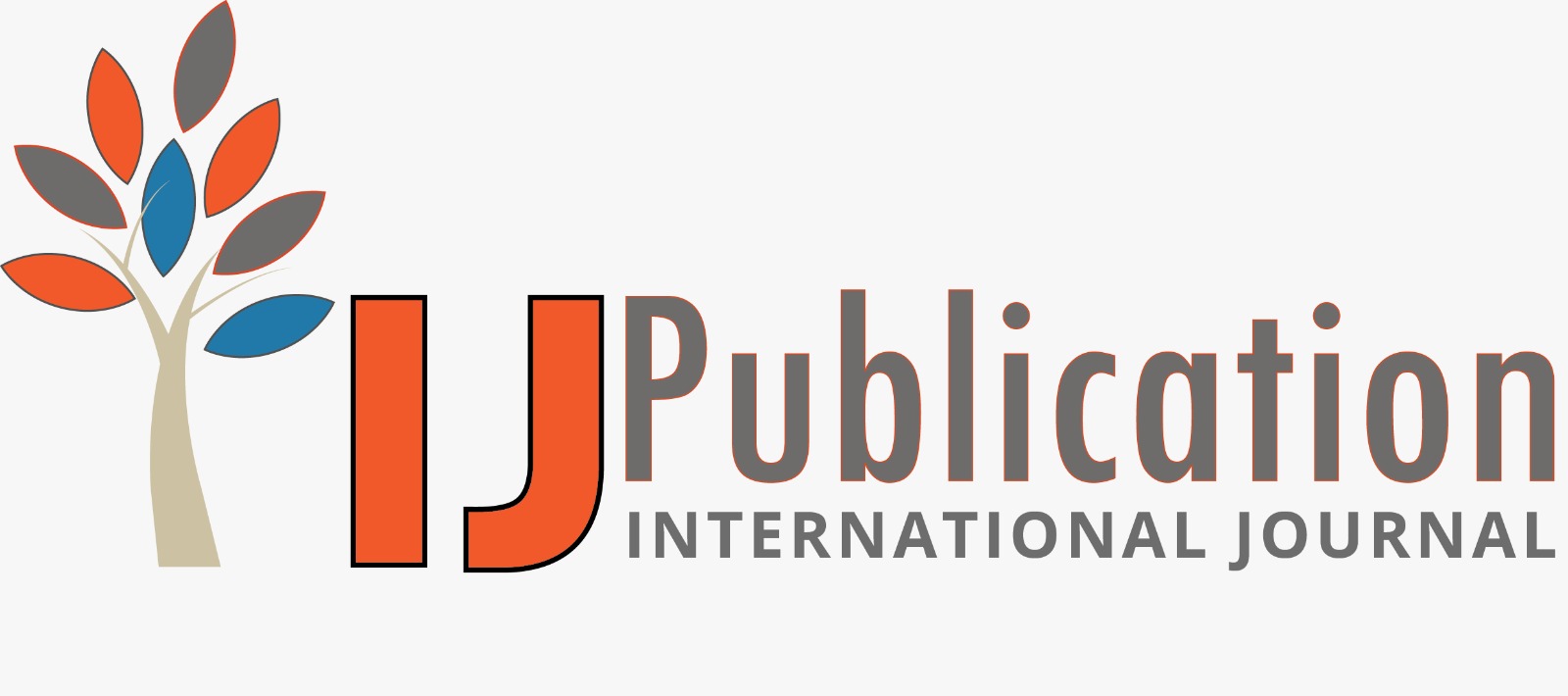Pournima Pawar Reviewer
28 Jul 2025 04:03 PM
 Approved
Approved
Relevance and Originality
This research addresses a critical gap in sustainability education by systematically reviewing how ecoliteracy is integrated into higher education curricula. The topic is especially pertinent given the global urgency around climate literacy and the role of academic institutions in driving systemic change. The work stands out by consolidating theoretical underpinnings, pedagogical innovations, and policy implications in one cohesive study. Its interdisciplinary lens—bridging environmental science, curriculum design, and education policy—makes a valuable contribution to ongoing efforts toward embedding sustainability principles in postsecondary education.
Methodology
The authors follow a structured and transparent methodology using the PRISMA protocol, which adds rigor to the selection and evaluation of literature. Their inclusion of peer-reviewed sources from major databases, and the clear filtering process applied to 567 initial studies, enhances the credibility of the review. The emphasis on recency and alignment with the review’s objectives further strengthens its analytical focus. For greater impact, the study might consider incorporating mixed-source evidence, such as institutional reports or interviews with curriculum developers, to provide richer contextualization and applicability to policy-level stakeholders.
Validity & Reliability
The review establishes a strong basis for its conclusions through the systematic inclusion of diverse, validated sources. The insights drawn are well-supported, and the use of established frameworks like 4DEE lends additional reliability. Internal validity is maintained through rigorous screening criteria and consistent thematic mapping. However, expanding the lens to include more regionally diverse case studies or multilingual sources would enhance the transferability and global applicability of the findings, particularly in non-Western or Global South educational contexts.
Clarity and Structure
The manuscript is clearly organized and methodically developed, making it accessible to both academic readers and policy professionals. The flow from conceptual foundations to practical implications is logical, and the presentation of educational models is both informative and easy to follow. While the content is comprehensive, some densely referenced sections could be simplified or moved to appendices to improve readability. The consistent use of academic keywords such as curriculum innovation, ecological literacy, and education for sustainable development demonstrates thematic coherence and scholarly alignment.
Result Analysis
The review synthesizes pedagogical strategies effectively, linking theory with classroom application. Notable strengths include the analysis of inquiry-based, community-driven, and experiential learning models, and their potential to shape sustainability-minded graduates. The paper successfully identifies institutional gaps, instructional challenges, and opportunities for transformative curriculum development, offering relevant insights for both educational leaders and policymakers.








Pournima Pawar Reviewer